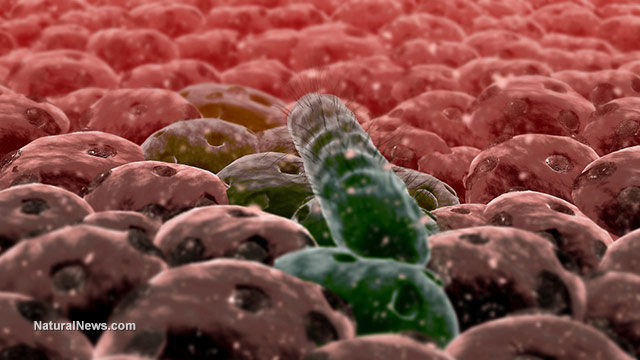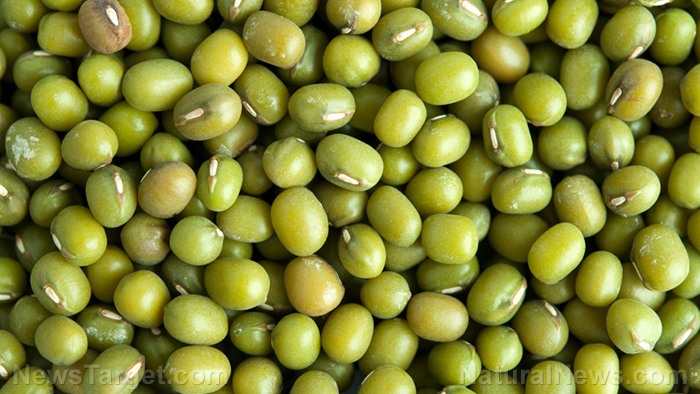Arctic root found to be a natural antidepressant
01/17/2019 / By Ralph Flores

An international review from the University of Pennsylvania and the Swedish Herbal Institute has found that Arctic root (Rhodiola rosea L.) can positively affect mood which can potentially benefit people suffering from depression. The article, published in the journal Phytomedicine, was a comprehensive review of available animal and human studies on the antidepressant action of the plant.
- The authors conducted the review to investigate the mechanisms behind the antidepressant properties of R. rosea, as well as its safety and effectiveness, based on in vivo and clinical trials.
- They used both MEDLINE and the Russian state library database in their search for relevant studies on R. rosea.
- Based on the review, the researchers found that extracts of R. rosea and its purified constituent, salidroside, can produce multiple mediator interactions with molecular networks of neuroendocrine-immune and neurotransmitter receptor systems relevant to depression. Moreover, multiple in vivo and ex vivo studies indicate a biological activity similar to antidepressants.
- A clinical assessment of rhizome extracts of R. rosea revealed a possible antidepressant action of the extract in adult humans. In addition, it is regarded as safe, with most short-term studies indicating a favorable safety profile.
The authors concluded that R. rosea can positively impact various components of the neuroendocrine, neurotransmitter receptor and molecular networks that govern mood.
Learn more about natural ways to beat depression at Mind.news.
Journal Reference:
Amsterdam JD, Panossian AG. RHODIOLA ROSEA L. AS A PUTATIVE BOTANICAL ANTIDEPRESSANT. Phytomedicine. 15 June 2016;23(7):770–783. DOI: 10.1016/j.phymed.2016.02.009
Tagged Under: alternative medicine, Brain, depression cures, mental health, Mind, mood disorders, natural cures, plantmedicine, Rhodiola Rosea




















